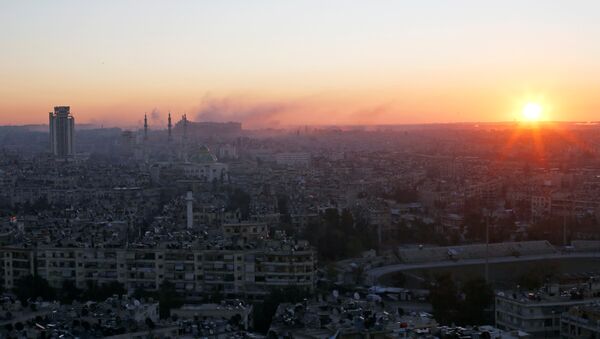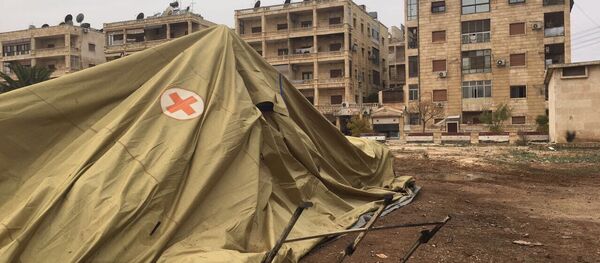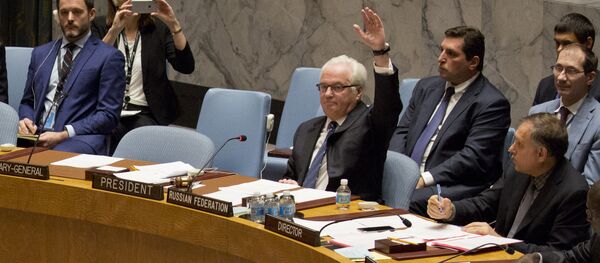“We consistently see an almost chess game going at the UN where one party is charged to discourage the other one. For example, it is a long established principle I think, that especially on the western side resolutions are put forward without much work on them. They are actually impractical or unworkable on the ground and knowing that they will be vetoed by the other side and that eventually creates public relation problems,” Shoebridge said.
He further said that in this case, the resolution seems quite attractive: stop fighting and let the humanitarian help come through. However, the situation is far more complex than that.
“It was not surprising that China and Russia vetoed this. If it was passed, it would have stopped the Syrian momentum of retaking Aleppo which is still going on as we speak and it would give an opportunity to rebels to regroup, possibly resupply and certainly it would change the tactical situation in their favor,” the analyst said.
This resolution was a classic example of the presenting states knowing that it would be vetoed.
Talking about the strange and somewhat hypocritical proposals by western countries, the analyst said, “We haven’t seen much of a resolution by the UK or the US urging an immediate ceasefire in Yemen and making efforts to stop Saudi Arabia. So this is a very partisan public theatre that is carried on,” Shoebridge said.
He further said that these countries for their own geopolitical strategic objectives have supported rebels that had little or anything to do with “democracy or human rights as it was presented by the western media.”
“Their intention was to over throw Assad or at least to destabilize the country to such a degree that Syria as an effective force in the Middle East would be neutralized,” Shoebridge said.
Earlier the document submitted by Egypt, Spain, New Zealand proposed an immediate seven-day ceasefire in Aleppo in order to send humanitarian aid to the besieged city and the resumption of peace talks between the government and the Syrian rebels.
Moscow warned other countries in advance that it would vote against it, noting that the United Nations Security Council should not undermine efforts made by US Secretary of State and Sergei Lavrov, who agreed on a withdrawal plan in Rome on December 2.
Under the plan all rebels and militant groups should leave eastern part of Aleppo. Russia’s decision to veto the resolution was heavily criticized by the US and the UK.
However, over recent months, Aleppo has become a major battleground in Syria, engaging government forces, terrorists and numerous opposition groups. Eastern Aleppo is currently encircled by government troops fighting to liberate the city from the rebels.
Previous internationally mediated ceasefires have collapsed as militants continued attacks and opposition failed to expel al-Nusra Front, which is now known as Jabhat Fatah al Sham, from the city.





